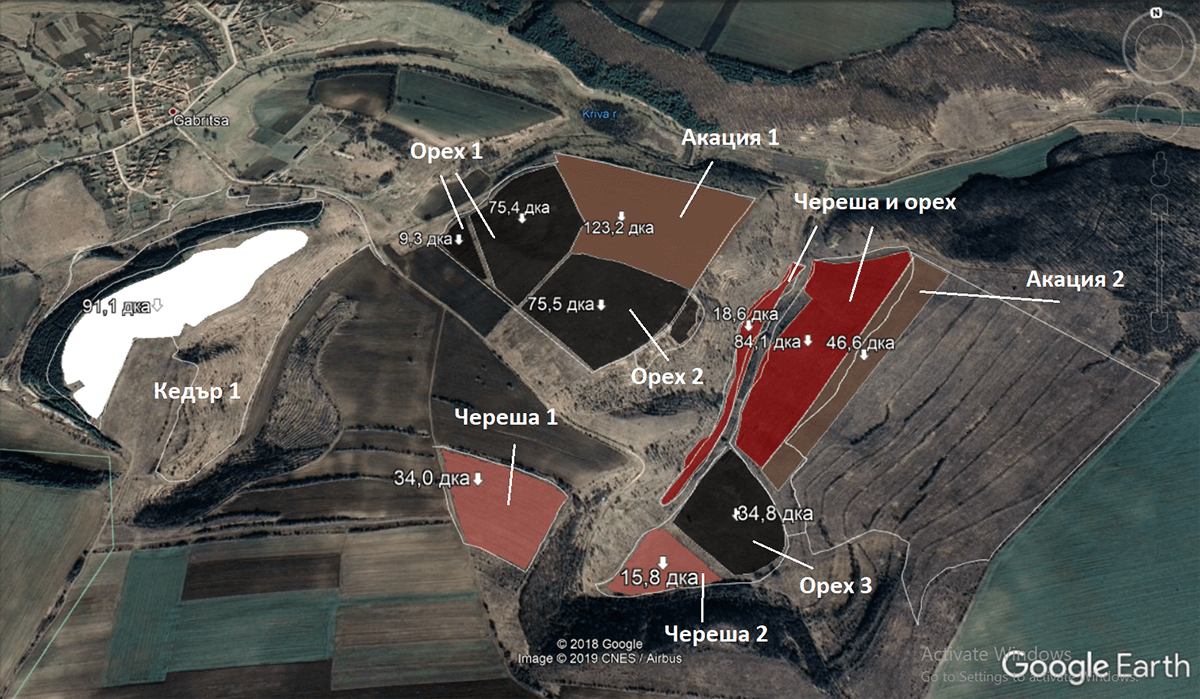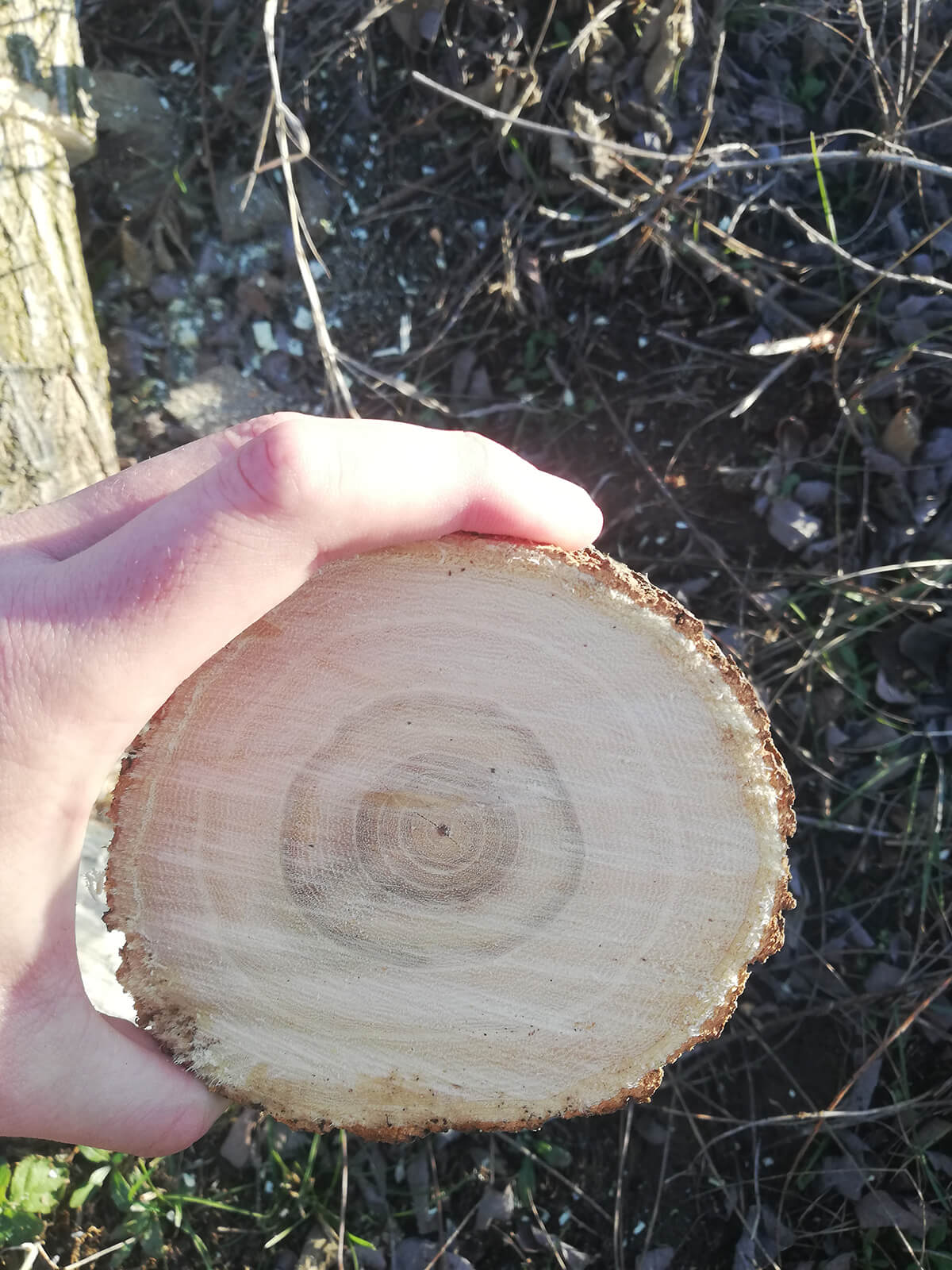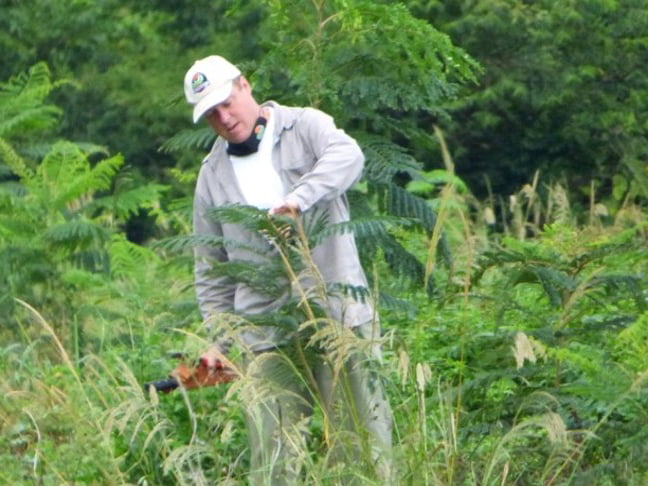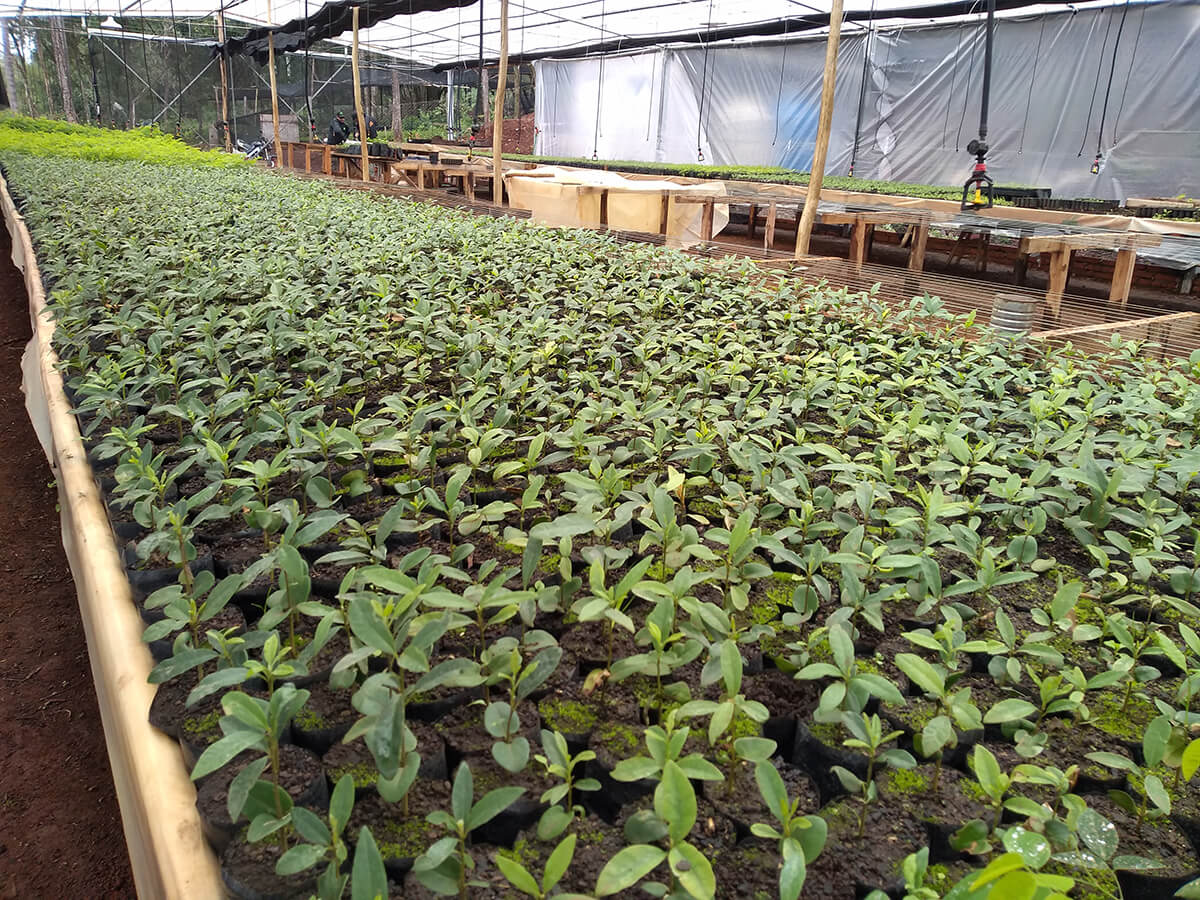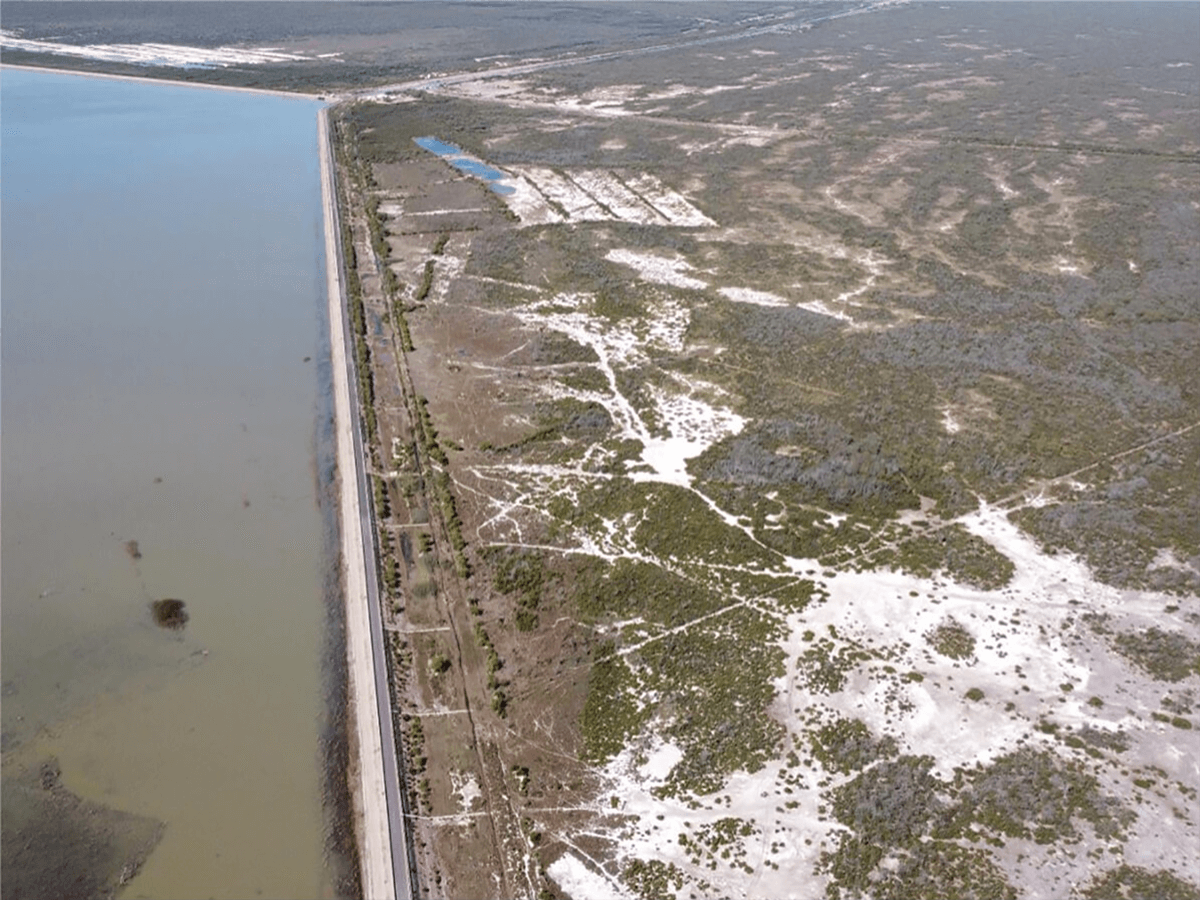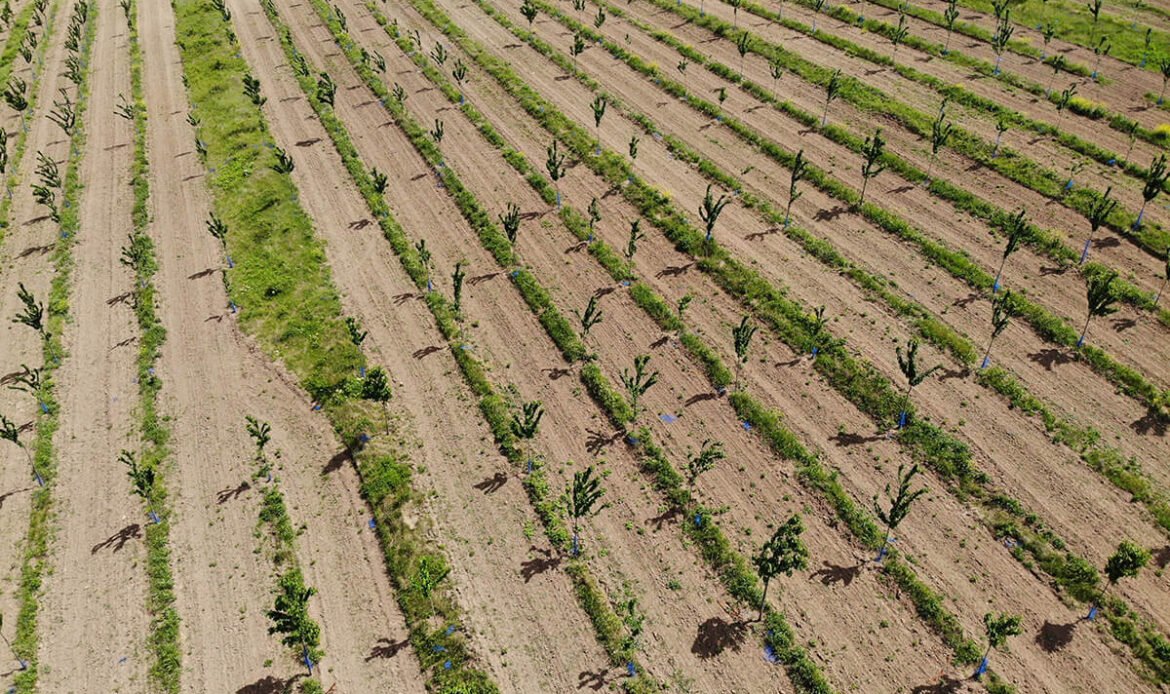
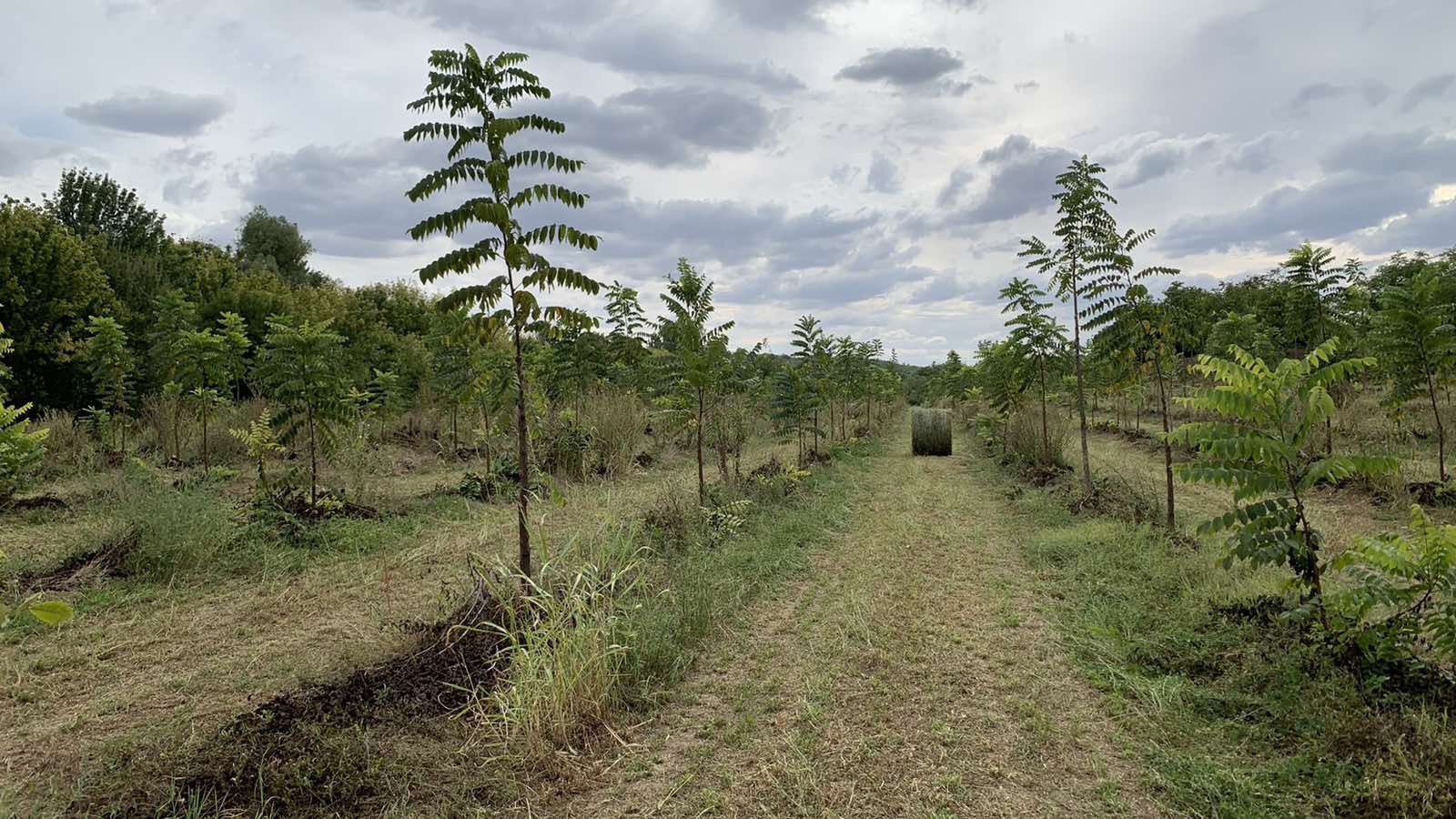
The project started in 2018 with the lease of nearly 200 hectares of land and the planting of white acacia, white mulberry, wild cherry, black walnut, Atlas and Himalayan cedar. In addition, a 20-hectare nursery was acquired.
Bulgaria is located in south-eastern Europe and has ideal climatic and economic conditions for tree planting. The climate is favourable for fast-growing tree species for quality wood, such as acacia, cherry, walnut, cedar, and others. One of the main objectives of our project is to meet the market demand for high-quality wood in Europe. Currently, European countries import most of their wood products from Asian countries. As a result, delivery times are longer, transport costs are higher and quality control is weaker.
On the other hand, the demand for quick access to quality wood products at competitive prices in Europe is constantly growing. As a member of the European Union, Bulgaria is located close to all European markets and already meets the required product quality standards. This, therefore, creates favorable economic conditions for supplying wood products.
Our great efforts are focused on preserving the ecological value of the surrounding nature by carefully planting and growing trees in accordance with European standards.
Using former agricultural and/or wastelands, we manage and maintain plantations in excellent agro-biological conditions, creating protected areas that will complement natural eco-cycles, suppress extreme temperatures, reduces air velocity, and protects soil from erosion as well as preserve the authentic biodiversity of the natural landscape.
SOCIAL AND ENVIRONMENTAL BENEFITS
One of the main objectives of the project was to develop it in rural areas of Bulgaria where unemployment is significantly high or work is mainly seasonal, trying to provide year-round employment to local people by offering them good working conditions and vocational training.
What we are convinced of is that building long-term perspectives in rural areas and employee training will contribute to increased efficiency and worker well-being as well as encourage young families to stay in rural communities.
The land rental policies of local municipalities in low-income communities are having a positive impact. This not only provides jobs for local people but also encourages activities such as beekeeping, hunting, mushroom, fruit, nut picking, and even ecotourism. Bulgaria’s national legislation carefully monitors and regulates biodiversity conservation. For our part, we strive to use forestry and planting techniques that contribute to this.

